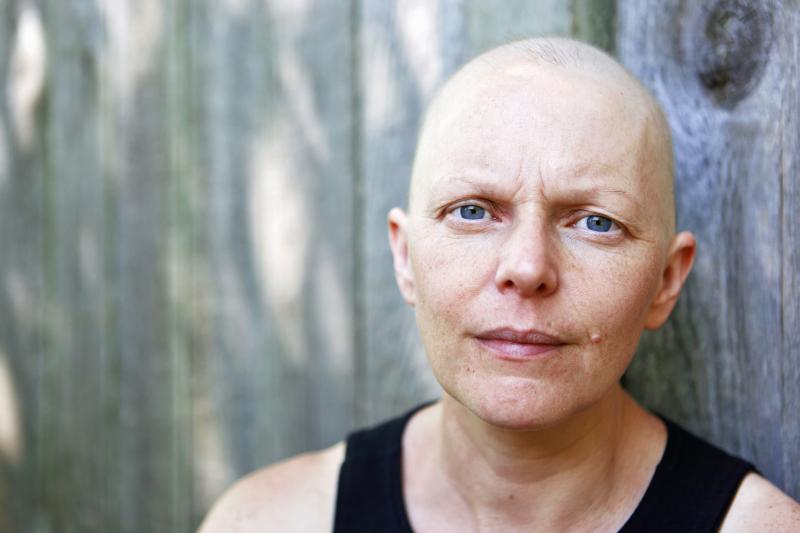
Quality of life (QoL) in breast cancer patients worsens 2 years following diagnosis with different courses by treatment received, a study has found. Specifically, endocrine therapy (ET) exerts a major detrimental impact on QoL as opposed to chemotherapy (CT) having a transient negative effect in postmenopausal patients.
Researchers prospectively collected patient-reported outcomes (PROs) in 4,262 breast cancer patients, among whom 2,675 (62.8 percent) were postmenopausal, using the European Organization for Research and Treatment of Cancer QLQ-C30/BR23 questionnaires within the CANTO trial.
In the cohort, 81.9 percent of patients received ET and 52.8 percent received CT. The primary endpoint of QLQ-C30 summary score (C30-SumSc) deteriorated over 2 years after diagnosis, with ET having a persistent negative impact on the C30-SumSc (p-interaction=0.004) but not CT (p-interaction=0.924).
ET negatively affected the following C30-SumSc domains: role and social function, pain, insomnia, systemic therapy side-effects, and breast symptoms. This treatment was also associated with further reductions in emotional function and future perspective recovery.
On the other hand, while CT had no impact on the C30-SumSc at 2 years, treatment was linked to deteriorations in physical and cognitive function, dyspnoea, financial difficulties, body image, and breast symptoms.
The present data question the common idea that ET is an innocent player in the QoL arena, according to the researchers. It is important to consider the differential effect of treatment classes by menopausal status on QoL when discussing optimal adjuvant therapy options and survivorship care with breast cancer patients, as such an effect may have implications for adherence and long-term health and psychosocial outcomes.